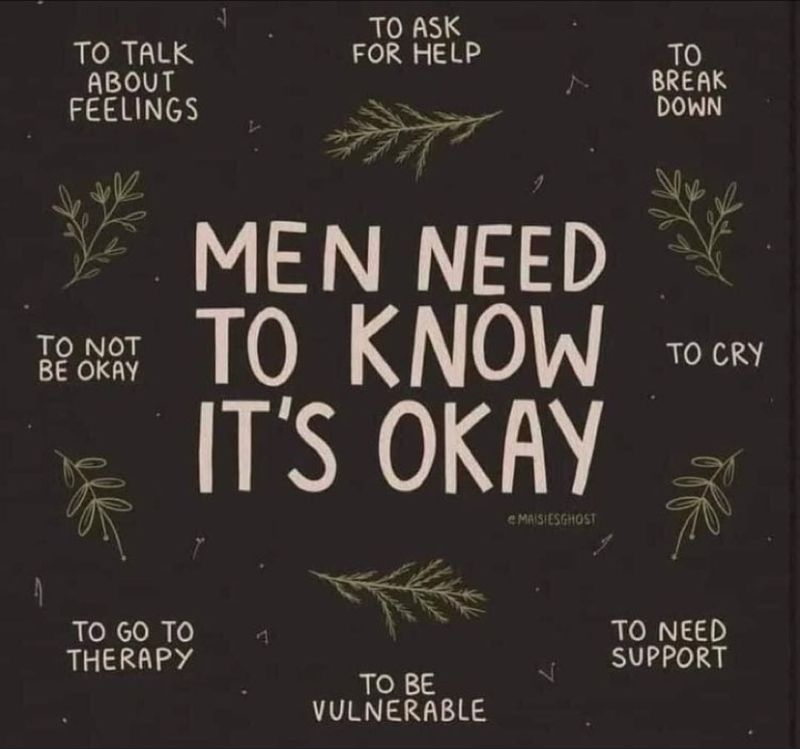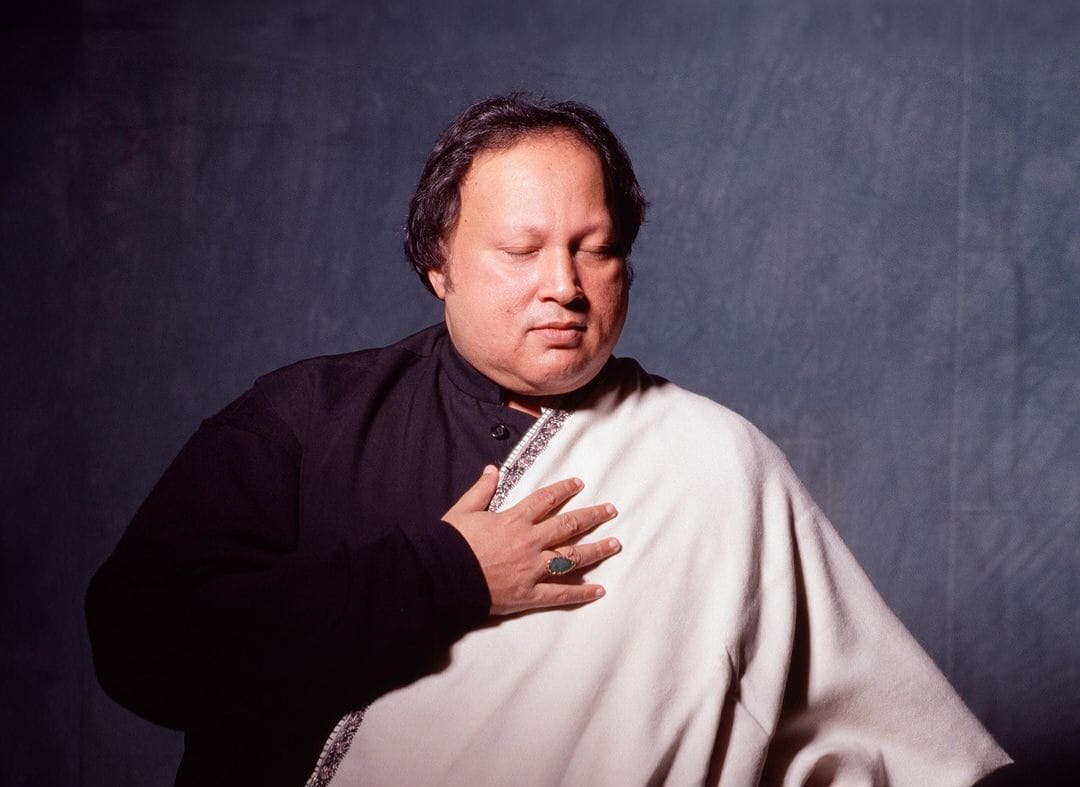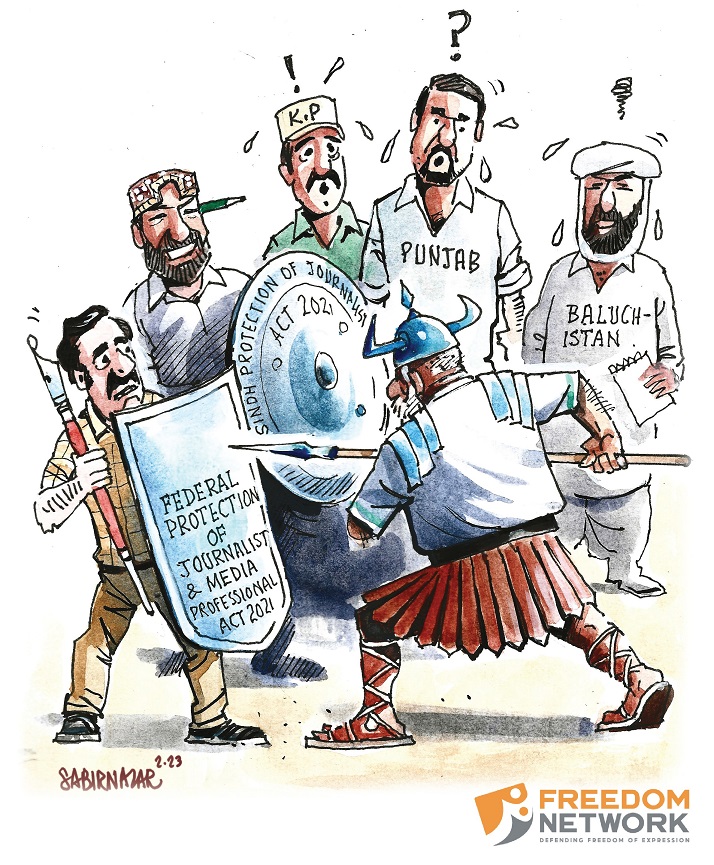
June is celebrated as the men’s mental health month. The main priority of this month is to raise social awareness about men’s mental health, break social norms, and encourage men to speak about their issues. Men face many stereotypes; the most common are that men don’t cry, men don’t feel pain, a Man can handle everything, men are more emotionally stable, men don’t care, and men don’t face depression.
It’s time to change this narrative. Crying is a human emotion, not a weakness. Men do feel pain, both physically and emotionally. Society needs to acknowledge this instead of forcing men to oppress these emotions. Society has placed a great burden on men, but everyone has their limits. It’s ok for men to express their struggles and ask for support. Men do care and have emotions. Let’s create spaces where they can express their concerns freely. Mental health issues affect everyone, regardless of gender. Let’s recognize and address men’s mental health needs.
Raising awareness about men’s mental health is very important for many reasons. The social stigmas related to men’s behaviour affect mental health in different ways. It affects the man’s quality of life, as well as his relationships, work, and personal goals. Conditions like anxiety, stress, depression impact a man’s ability to function, and he starts feeling isolated, hopeless, and overwhelmed. It also causes a ripple effect on the man’s circle, like family, friends and colleagues. If the mental health of anyone goes untreated, it becomes a cause of physical health issues like heart disease, stroke and diabetes, which are much more prevalent in men as compared to women.
A major issue that men face is that they are less likely to seek help in any matter, especially mental health issues. Many stereotypes relate to it, including societal pressure, lack of awareness and limited support system. Societal pressure or social stigma isn’t just a thing to which women are prone; men also face this issue. Traditionally, men have to be masculine, and they should be strong and stoic. This discourages the expression of emotions and vulnerability. Men often suffer in silence because seeking help related to mental health issues is portrayed as weakness (which is against the masculinity of men). Another issue that persists in men is a lack of awareness. Men misunderstood their mental health issues with stress or an age factor and refused to seek any professional help. Men also face a lack of social support system. They don’t have any circle in which they can communicate openly about their mental health. Male friendships focus on shared interests and activities and do not discuss their emotional struggles.
Men go through differing symptoms when mental health persists in them. One of them is escapist behaviour. Men tend to engage themselves in excessive work, physical activities, or hobbies to escape from their mental health. They start spending excessive time at work or overly engaging with friends or physical activities. They also seek for time-consuming projects to keep themselves busy.
Women usually express their distress through emotional expressions, unlike men, who are unable to express themselves emotionally. And when this behaviour persists, they start showing physical symptoms like chronic pain, headaches, digestive issues, or unexplained aches and pains. Men start considering these symptoms an age factor, which leads to unrecognized mental health issues.
Another symptom that persists in men is having mood swings. Due to unrecognized mental health issues, men start getting more irritated, express more anger and aggression and often less verbalized anxiety and depression. Men also show a significant decrease in energy levels and behaviour, like chronic fatigue and hyperactivity. They also start feeling changes in their weight and appetite.
In short, this month encourages men to express their feelings and discuss their mental health. It also motivated society to show compassion with men instead of judging them or surrounding them with social stigmas. It also aims that if men do not express their feelings, their family and friend circle should show compassion, understanding, and support and encourage them to seek mental help. Men should be acknowledged for their struggles instead of being judged because of societal stereotypes. Together, we should create a society where everyone can express themselves, having no stereotypes neither related to men or women, and most importantly, seek mental health advice.
Also read: What is the significance of Aurat March in Pakistan?





